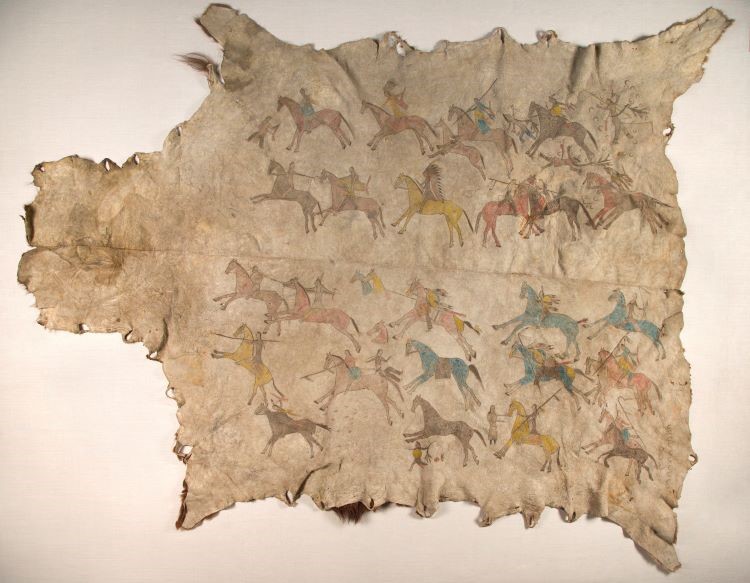by Claudio Colaiacomo
In an uncertain and complex world, human beings have a natural inclination to construct narratives: stories that weave together the most different threads of their experiences into a coherent puzzle of meaning. This tendency underlies a peculiar way of constructing reality whose subtle misleading dynamics are not at all easy to grasp. If properly seized, it is an opportunity to become aware of the profound ways in which our mind shapes, and is in turn shaped, by the stories we tell.
The topic of what is real and what is not has fascinated the human mind from the dawn of the cognitive revolution to the present day. Philosophers, theologians, humanists, mystics, and in the last century, scientists from the physical, chemical, and mathematical disciplines have posed the pressing question. An interesting perspective is offered by the Israeli philosopher Yuval Noah Harari, author of several bestsellers, including Sapiens, Homo Deus, and my favorite, 21 Lessons for the 21st Century, in which, in my opinion, Harari gets to the heart of the matter on reality and precisely articulates how it is constructed by humans.
Shortly after birth, consciousness finds fertile ground as the mind begins to develop an awareness of its environment, our brains look for patterns and connections, drawing lines between events that might, at first glance, seem unrelated. This cognitive constructivism, as Harari calls it, is the foundation on which we build our understanding of the world. Yet, in this intricate web of narratives, how much of what we believe is objectively established and how much is a subjective creation of our minds?
Sociologists argue that reality itself is socially constructed - a product of the beliefs, relationships and shared narratives within a given society. These shared accounts contribute to the formation of cultural norms, relationships, values and institutions. What one culture considers to be an absolute truth may diverge sharply from another's tale, reflecting the cultural relativism that characterizes human societies.
We cannot think about the construction of narratives without recognizing the powerful role of confirmation bias. Indeed, it seems that our minds have a predilection for seeking out information that aligns with our pre-existing beliefs, reinforcing the stories we hold dear. This phenomenon, while providing a sense of security and validation, also presents a challenge to objective understanding, contributing to the persistence of misinformation and deepening divisions between conflicting narratives.
But why do we have this innate inclination to generate stories? Some argue that it has evolutionary roots, useful in our relational lives, a trait honed over millennia. The ability to share and believe in stories would have conferred advantages in terms of cooperation, social cohesion and communication - essential components for the survival and success of human societies.
However, the very same stories that once enabled our survival now pose questions about power and control. Those who hold the reins of creating narratives – whether through institutions, media, or other means – exert substantial influence on individuals and societies. The manipulation of narratives for political, economic, or social purposes becomes an urgent concern, calling into question the authenticity of the stories we are fond of. As we grapple with an ever-changing world, our adaptability as storytellers becomes both a gift and a curse. The narratives we create have allowed us to navigate complex fields, providing a framework for understanding and addressing challenges. Yet, narratives themselves can become obstacles when they frustrate progress or perpetuate outdated perspectives.
In unraveling the threads of human narratives, we find ourselves at a turning point – a stage where self-awareness becomes paramount. Recognizing the subjective, and sometimes questionable, nature of our narratives is the first step towards a more nuanced and empathic understanding of the diverse stories that shape our world. Waking up to this mechanism is important, taking a careful look at what surrounds us, who we relate to, aware of the power and responsibility that comes from being the architects of our own reality.



